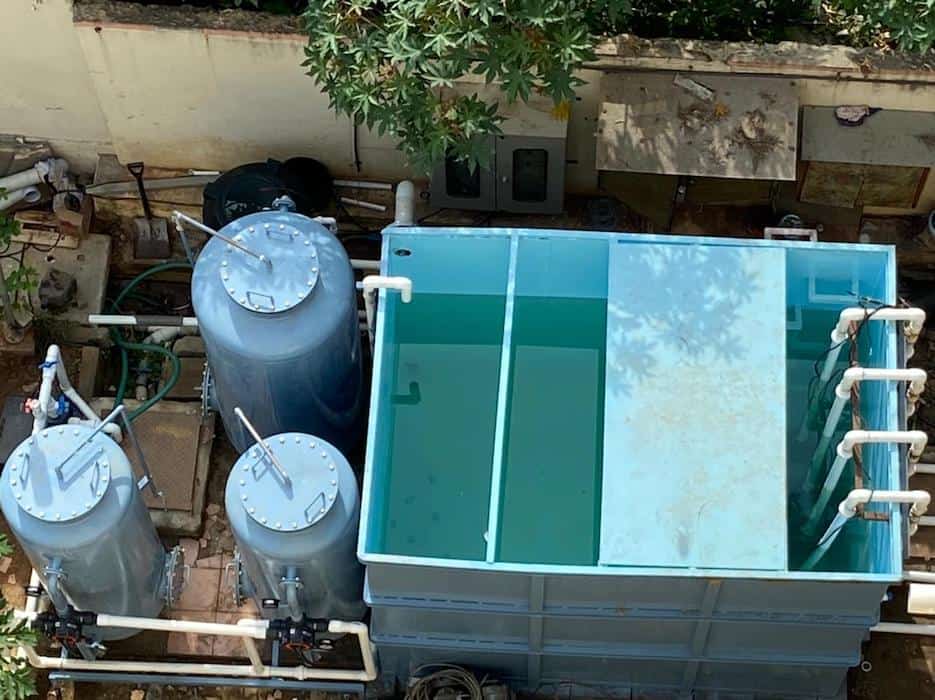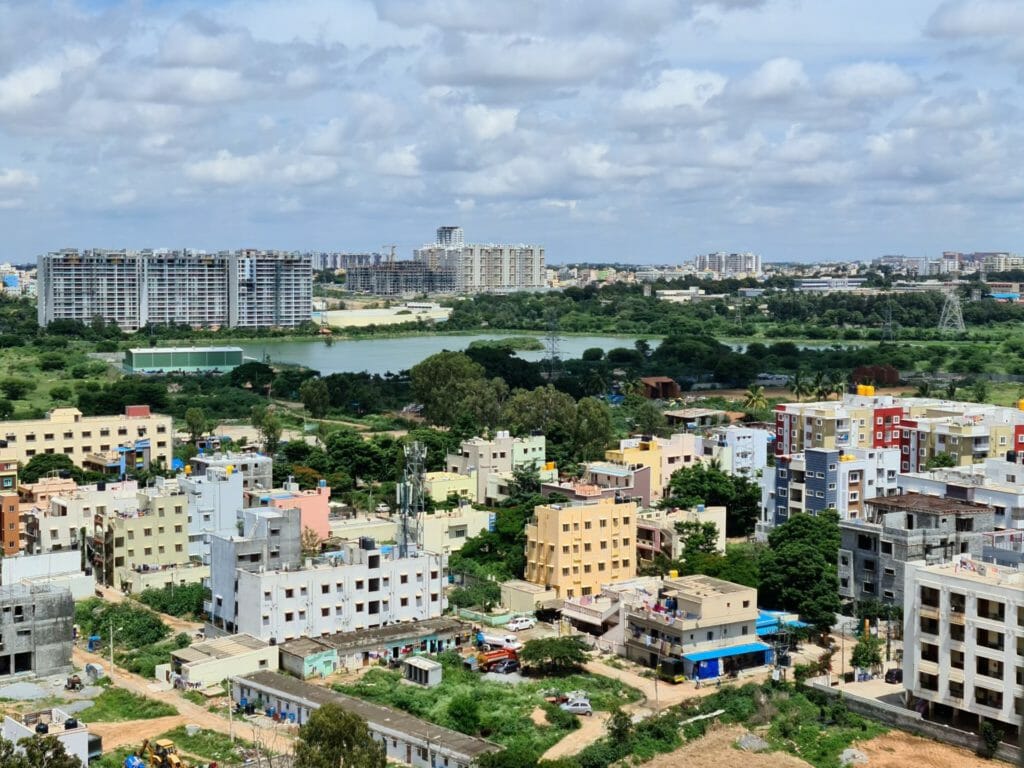The general perception has been that residents in large apartment complexes or gated communities are not a significant vote bank and have a lower rate of voter turnout in assembly or municipal elections. Ahead of the Karnataka 2023 Assembly Elections, the Bengaluru Apartments’ Federation (BAF) hopes to change this perception by focusing on voter registration, awareness and participation through their Every Vote Matters (EVM) campaign.
Towards this, BAF organised a discussion with representatives from political parties, to facilitate objective conversations and debates concerning Bengaluru’s development agenda.
With Citizen Matters as the media partner, the discussion was led by panellists Tanveer Ahmed, JDS national spokesperson; Dr CN Ashwath Narayan, Minister of Skill Development, Entrepreneurship and Livelihood of Karnataka; Ramalinga Reddy, Member of Legislative Assembly from BTM Layout; and Prithvi Reddy, state convenor of Aam Aadmi Party (AAP).
The apartment residents’ charter
Outlining the expectations and demands of apartment residents from the political stakeholders, BAF presented the panellists with the Apartment Residents’ Charter. It would serve as “inputs towards drafting their own manifestos and developmental plans.” The suggestions in it are across seven sections, such as property ownership and management, compliances, services from parastatals, environmental safeguards, public infrastructure, local governance and civic engagement, and more.
Their demands included the complete implementation of the Karnataka Apartment Ownership Act (KAOA) 1972, which ensures the whole property is rightfully conveyed to the group of owners. The residents want that a secretariat be assigned to take up administrative responsibility for the provisions of the Act. They also want that the Real Estate Regulatory Authority transfers properties only after the Occupancy Certificate (OC) is issued. In response to this, Ashwath mentioned that they will ensure no sale of property will take place without an OC.
They also want all compliances to be brought automatically under Sakala, a portal which guarantees the provision of citizen-related services, for timely approval. This includes consent and clearance certificates from the Karnataka State Pollution Control Board, fire and emergency services, etc. For this, online applications should be attached with clear status-tracking systems.
Read more: Living with the metro construction: Safety, pollution and accessibility concerns
With the aim of making cities more affordable and ensuring transparency among civic processes, Ashwath mentioned that as a political party, and as the ruling government, the BJP is mulling changes to the Karnataka Apartment Ownership Act, 1976.
All panellists agreed with the necessity of apartments and group housing in a rapidly urbanising city like Bengaluru. “It makes cities more efficient and manageable, ” AAP’s Prithvi says.

BAF had specific demands for Bengaluru Water Supply and Sewerage Board (BWSSB), and Bengaluru Electricity Supply Company Limited (BESCOM), as apartment residents form a large part of their consumers.
“Bengaluru needs smarter and stronger planning for water management. The amount of rain that the city receives is sufficient to make up for 50% of our water needs, but we lack the systematic scientific planning to reuse this resource, ” claims Tanveer. Ashwath Narayan added the government is in the process of drawing 750 million litres per day (MLD) from Cauvery, which will ensure that the city will not face water scarcity until 2030.
Some of the other demands
- Cauvery water supply to ensure water and sewerage services to all areas.
- Remove solid-waste management cess and incentivise wet-waste composting.
- Withdraw notification making STPs in apartments mandatory.
- Ensure timely conduct of municipal elections and ownership for the council to run the affairs of the city and its services.
- Programmes and measures to ensure social security for informal workers.
Read more: The apartment law you must know
Manifestos and poll promises
Political parties are in the midst of drafting manifestos that will guide their state-wide campaign for the run-up to the elections. While the Bharatiya Janata Party’s (BJP) manifesto panel has launched a consultation across the 224 assembly constituencies in the state amid drafting their party promises, the Indian National Congress (INC) began a door-to-door campaign handing over ‘promise cards’ to residents.

The party representatives were asked about their views on the decentralised of powers to the ULB, in this case the BBMP, and how would they ensure the planning processes were carried out efficiently and smoothly.
With regard to the BBMP elections, Ashwath informed how the city was governed under the jurisdiction of the Karnataka Municipal Act, but now it comes under the purview of the BBMP Act, 2020. “Once the legislation is passed, problems of conducting the elections either under the old Act or the new Act have cropped up, which has resulted in litigation,” he states, clarifying that the government’s motive is not to delay or forego elections.
One of the charter demands was also to leverage public transport facilities to bridge the last-mile disconnect through the BMTC, metro, and suburban rail. “This is particularly useful in high-growth residential areas of outer Bengaluru, where many apartments have come up, ” the charter mentions. However, on this topic, Ashwath Narayan did not say anything about the measly budgetary allocations for BMTC this year.
The Charter also suggests that the master plans, which have inputs and approvals from all departments, become the basis for town planning and compliance. The discussion also highlighted the lack of a masterplan for the city, and the consequences of this.
Further, Ramalinga mentioned that if voted into power, his party would prioritise fulfilling road-widening promises and guaranteed potable water connections to all households. “In our manifesto, you will get a developmental budget that is per (every) citizen, irrespective of where they live,” claims Prithvi.
Watch the full discussion: